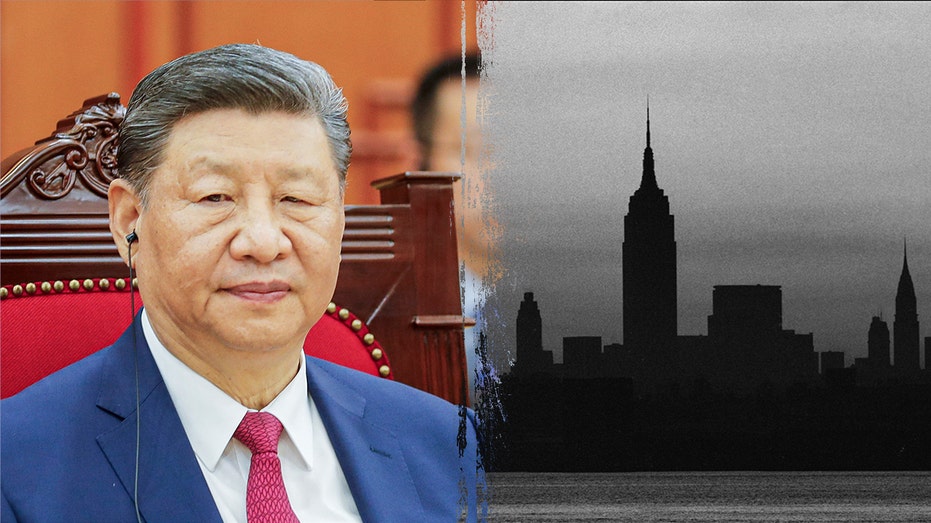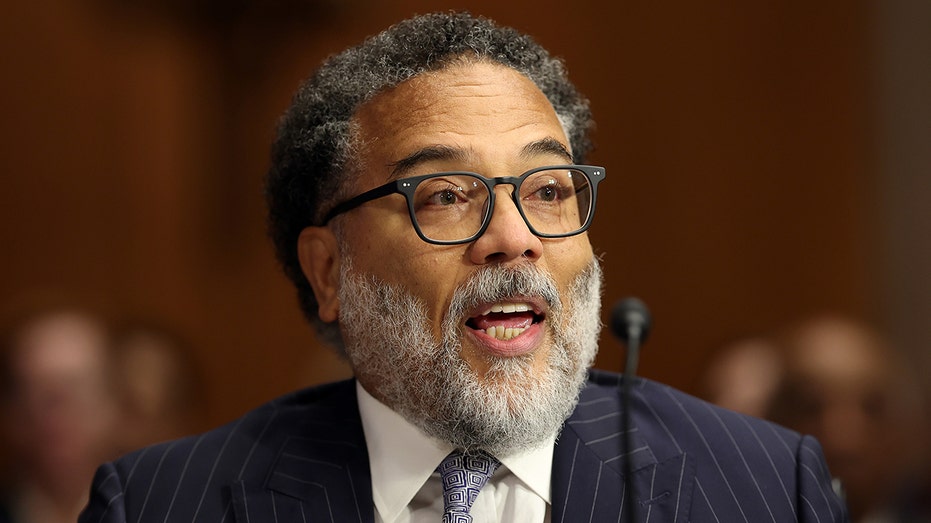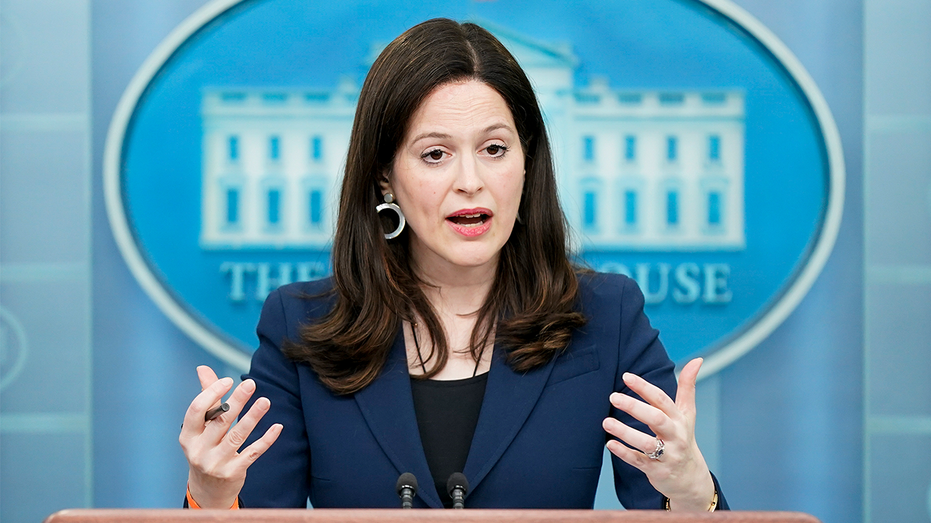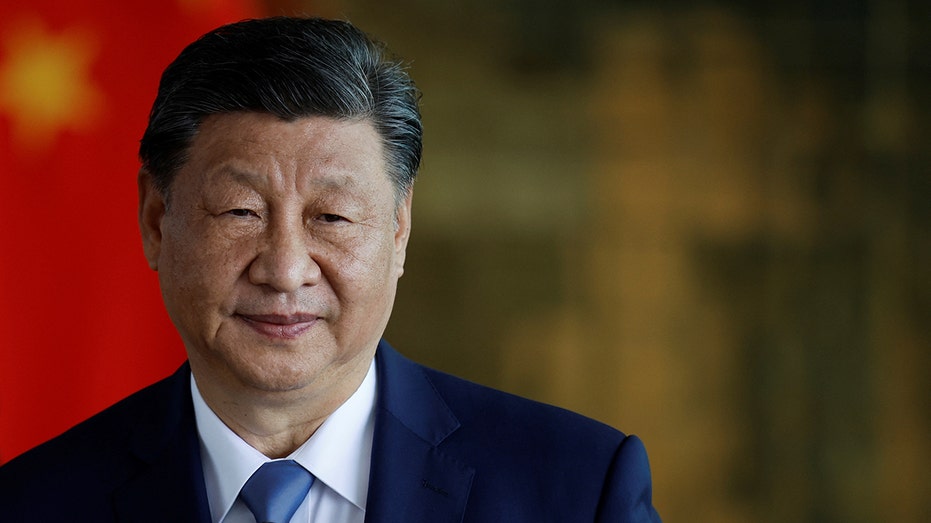Is America's power grid ready for next attack? Experts warn EMPs, cyber threats and AI could cripple US
The widespread blackouts that recently brought parts of Spain and Portugal to a standstill triggered global speculation: was it an electromagnetic pulse (EMP) attack?
Though authorities later ruled out an EMP, the incident reignited urgent questions about America’s vulnerability to similar large-scale disruptions and whether the U.S. is prepared for a modern-day "black sky" event.
According to cybersecurity expert and former Army Cyber Institute board member Bryson Bort, the United States remains dangerously exposed to a range of threats: not just EMPs, but increasingly sophisticated cyber and artificial intelligence (AI) attacks.
"There are a lot of other problems that are higher probability," Bort told Fox News Digital. "The EMP thing is a little bit of a distraction – but that doesn’t mean it’s not a threat."
HOW CHINA'S CYBERESPIONAGE HAS CHANGED
An EMP is a sudden burst of electromagnetic energy capable of disabling electronic devices across vast areas. It can be natural – from a solar flare – or man-made, triggered by a high-altitude nuclear detonation.
Unlike cyberattacks that target software, an EMP disables physical systems: from car engines and cellphone towers to hospital generators and water pumps. A major attack could throw society back to the pre-electric age, with devastating consequences.
Former CIA Director James Woolsey once called EMPs "one of the greatest national vulnerabilities," and some estimates suggest an EMP could result in the deaths of up to 90% of Americans within a year due to the collapse of infrastructure.
"The very first thing you’ve got to lose is your water supply," said Dr. William Forstchen, a longtime EMP researcher. "Within days, nursing homes, hospitals, law enforcement – they’re all in deep trouble."
While the Trump administration issued an executive order directing federal agencies to prepare for such an event, Bort said implementation has been inconsistent and fragmented.
"We are not prepared for this at all," he warned.
Forstchen expressed optimism that the administration’s "Golden Dome" project, a proposed ground-and space-based defense system, could intercept EMP threats – but the project remains years from completion.
NUCLEAR EMP ATTACK MOVES TO BIG SCREEN AS AUTHOR REFLECTS ON 'INVISIBLE LIFELINE'
While EMP attacks remain the stuff of both national security nightmares and Hollywood scripts, experts say cyberattacks are far more probable and still highly destructive.
"We know that the Chinese have been in the American civilian critical infrastructure since 2010," Bort said. "They haven’t done anything yet, but they are absolutely in there and setting up to do something at some point."
This week, Reuters reported that U.S. officials found communication modules embedded in Chinese-made power inverters – devices used to connect solar panels and wind turbines to the grid.
Bort pointed to "Jack Voltaic," a multi-year cyber warfare simulation by the Army Cyber Institute, designed to test military-civilian coordination in response to attacks on critical infrastructure.
"What we found is there’s a great interdependence," he said. "You can’t even have an electric grid if you don’t have water – because you can’t cool it."
Bort said cyberattacks are often the product of long-term reconnaissance, with hackers quietly positioning themselves inside systems for months or years.
"A cyberattack is not something where Putin says, ‘Hey, hit Detroit tomorrow,’" he explained. "It’s already set in place. When the political situation calls for it, that’s when the trigger gets pulled."
Another, less understood, threat to America’s infrastructure is the rise of AI. In particular, the race toward artificial general intelligence (AGI), or AI systems with human-level cognitive abilities.
Tyler Saltzman, a military technologist working on AI systems capable of operating in disconnected environments like an EMP aftermath, warned that AI – if used maliciously – could bring the grid down entirely. "Our infrastructure is very fragile," Saltzman said. "All you need to do is take down our power grid, and we’re in complete chaos."
Saltzman expressed deep concern about efforts to create AGI – systems he says could eventually surpass human control.
"Once AGI comes online, it could easily take down our power grid, infiltrate our financial systems, destroy our economy," he said. "If it sees how violent humans are to each other, why would it serve us?"
In 2023, a Chinese surveillance balloon drifted over U.S. territory for days before it was shot down by the military. While believed to be for spying, defense officials note that a high-altitude balloon could be used for electronic warfare – including an EMP.
The Commission to Assess the Threat to the United States from EMP Attacks has long warned about balloon-based delivery. Others argue a missile would be more effective, since it would be harder to intercept.
Whether the next major threat comes from above or from a keyboard, experts agree: the U.S. is not ready.
"We’re still thinking about wars with tanks," Bort said. "Meanwhile, the real fight is already happening inside our infrastructure."











